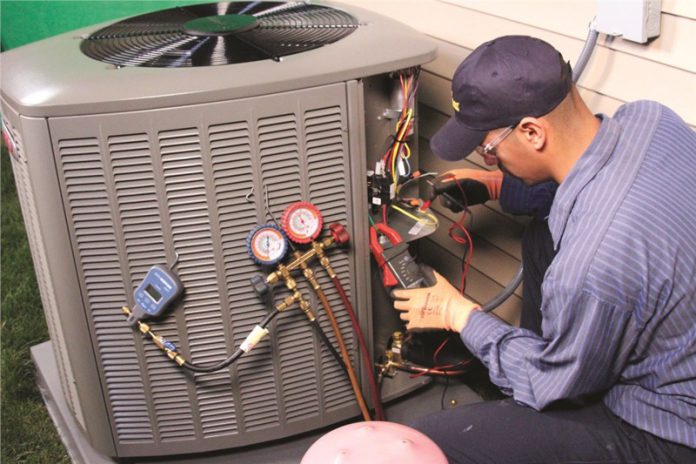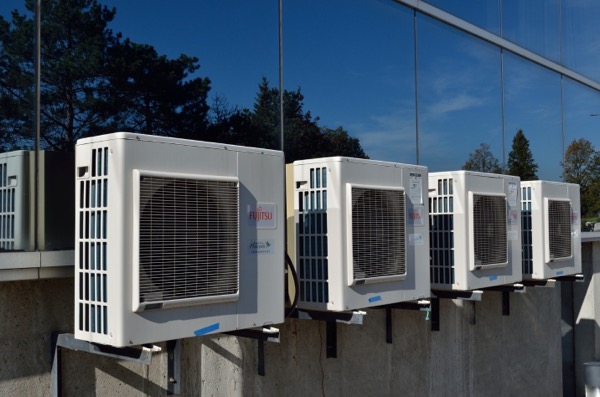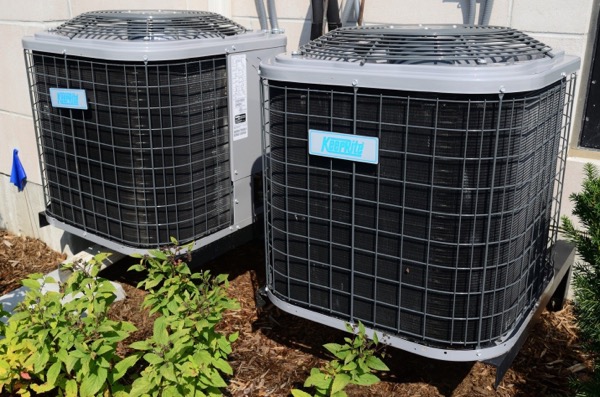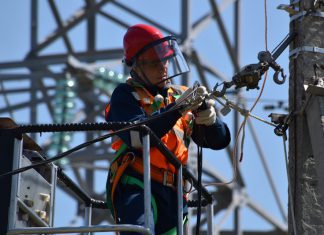Although summer is ending, our air conditioners are still constantly running since the heat is still very much present. These days, it is hard to imagine going through the hot months without ACs to keep us cool, especially during the day.
Summer days are hot and humid and are generally described as uncomfortable. It’s no surprise that so many people spend most of their time by the beach during the summer. For those in offices who depend on air conditioners to stay cool during these warm months, having it break down can be a terrible thing.
Like every other machine, faults in these cooling systems are inevitable. They could result from overuse or some other external factors, whichever be the case, you’ll find that repairs will be done from time to time.
Common Air Conditioner Problems
While a wide range of things may cause an air conditioner to become faulty, there are certain problems that are common occurrences. These problems include:
Low Refrigerant
Your AC will not cool the room if it is low on refrigerant. Refrigerants are chemical compounds that could either be in a liquid or gaseous state. It is chiefly responsible for the cooling effect ACs are known for as well as freezing of refrigerators and freezers. To learn more about refrigerants, you can visit: https://en.wikipedia.org/wiki/Refrigerant.
When there’s a leak or you’re low on refrigerants the air conditioner will be unable to get rid of the heat and humidity in a room. With this problem, you can never be too sure of the exact cause, so, it is advisable that you call a repair technician to diagnose the exact problem.
They typically check for any leaks and seal them up if there are any, before replacing the refrigerant. When there are multiple leaks, technicians may charge higher fees since repairing holes in the lines can be expensive and time-consuming.
Faulty Condenser Coils
Condenser coils are a part of the outdoor unit and responsible for getting rid of the heat removed from a room. Faults with condenser coils are commonly caused by dirt and grime that have collected on the coils over time.
Dirt on these coils impede heat transfer and generally, they will not function optimally as extra work is required to get its job done. When this continues for an extended period of time, it may lead to a complete system failure.
Thermostat Problems
The thermostat serves as the brain of the AC unit. When it is faulty or not set properly, the air conditioner may not function as it should since it isn’t getting the right instructions. This problem is somewhat easy to fix since all that is required is to turn on “cooling” with the remote controller or dialer knob; someone else may have played with the temperature settings, or switched to “fan”, often labelled as “on”.
If after dialing in the right settings the system refuses to operate as it should, you may want to check the air filter before calling for a technician.
Dirty Air Filter
Most modern units come with an air filter that may be in or around the indoor unit. As the name implies, the air filter’s primary purpose is to stop dust, dirt, and other airborne particles from entering the indoor unit.
This helps to keep the inner components cleaner which in turn enables the indoor air handler work efficiently. When the air filter gets dirty, it may restrict airflow and stop cool air from coming into the room.
This problem is easy to fix as it only requires that the filters be cleaned or replaced if necessary. If after cleaning the filter the problem persists, call a technician as the fault may be more technical. There are several companies that offer these services and many of them have websites that customers can go to contact them. On their website, you’ll find useful information like their contact address, phone numbers, email address, and the range of services they offer.
Clogged Drains
The moisture removed from the room by an AC is taken out through a drain line. When this line is clogged, it could result in water leaks that can damage walls, causing molds. In extreme cases, it may cause serious damage to the whole system. Because this doesn’t immediately affect the functionality of the AC unit, you may not notice it until it becomes too late. Regularly inspecting your units is the best way to prevent this problem.
Conclusion
Most AC faults can be avoided by carrying out routine checks/maintenance like frequently cleaning out filters, learning how to work thermostats and ensuring drain lines are free of any blockages. Another common issue may be a burnt fuse or faulty wiring.














